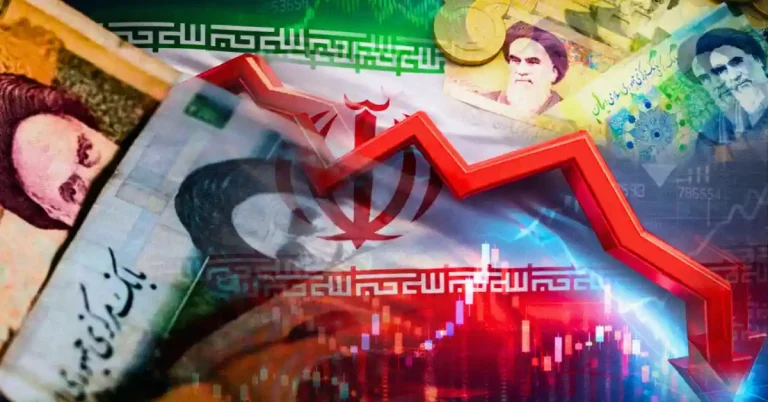
Hong Kong’s Leading Role in Stablecoin Regulation
In a landscape marked by evolving digital currencies, Hong Kong has emerged as a pioneering hub for stablecoin regulation, setting itself apart from its regional counterparts. While mainland China enforces stringent controls on cryptocurrency activities, Hong Kong provides a more balanced path with its licensing and tokenization framework. This strategic move positions it as a key player in Asia’s financial innovations.
The Global Benchmark: US GENIUS Act
The United States made a significant leap in July by introducing the GENIUS Act—its first federal framework for stablecoins. This legislation underscores the vital role dollar-backed tokens play in digital settlements. However, the ripple effect of this law in Asia has been profound, sparking debates in nations aiming to keep up with evolving financial trends.
Hong Kong’s Licensing Regime
Effective from August 1, the Hong Kong Monetary Authority (HKMA) introduced a stablecoin licensing framework tailored to ensure transparency and security. Under this regime, issuers must maintain at least HK$25 million in capital, segregate liquid reserves, and comply with rigorous anti-money-laundering rules. Although no licenses have been granted yet, major banks and tech companies are expected to lead the way, with approvals anticipated by year-end.
Tokenization Initiatives Are Transforming the Industry
Hong Kong’s ambition doesn’t stop at licensing. In early August, regulators launched the world’s first real-world asset (RWA) registry, enabling standardized data and valuation processes. Additionally, the region is advancing into tokenized finance products, including tokenized green bonds, retail money market funds, and gold-backed tokens. HSBC has already embraced blockchain settlement in trade finance, highlighting the growing momentum in private sector adoption.
Mainland China vs. Hong Kong: Contrasting Strategies
As Beijing doubles down on digital yuan pilots and restricts offshore cryptocurrency activities, Hong Kong’s middle-ground approach offers a significant alternative. Analysts note that while yuan-backed stablecoins are unlikely due to limited offshore reserves, Hong Kong dollar- and US dollar-pegged tokens remain viable. These tokens not only strengthen cross-border liquidity but also play a crucial role in the globalization of stablecoins.
What Lies Ahead
Experts like Emil Chan of the Hong Kong Digital Finance Association describe the region’s cautious yet progressive financial culture as a potential barrier to rapid adoption. However, early licenses are expected to go to well-established financial players, creating a blueprint for other Asian markets to emulate.
Recommended Product: Ledger Nano X
As cryptocurrency adoption steadily grows, ensuring digital assets’ security is more critical than ever. The Ledger Nano X, a premium hardware wallet, offers unparalleled encryption and portability. It’s a perfect solution for safely managing your stablecoins and other crypto investments.
Conclusion
Hong Kong’s forward-thinking policies and tokenization efforts make it a trailblazer in the stablecoin sector. While challenges persist, its framework provides a clear pathway for other nations. For Asia’s digital future, Hong Kong is setting the gold standard in stablecoin regulation and innovation.



